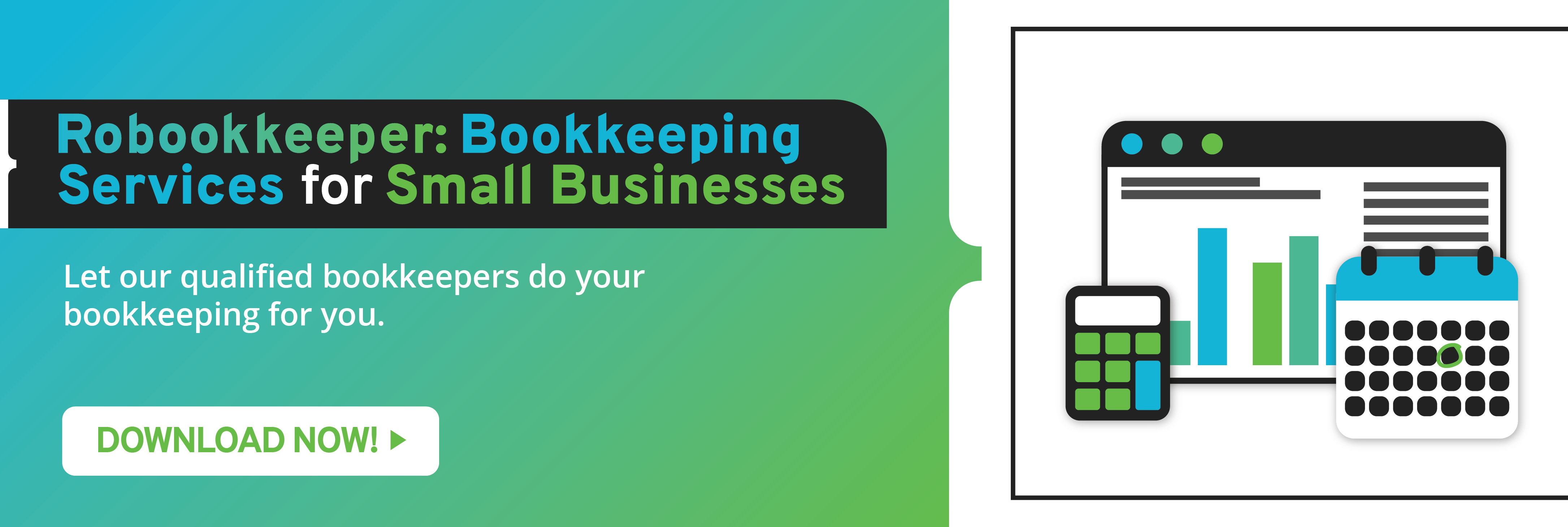Are you wondering why your small business is often short on funds? The answer might be because of cash flow mismanagement. An outsourced bookkeeping company mentions that your cash flow has either a positive or negative effect on your operations. The way you manage your resources can impact the trajectory of your small business. Overspending and poor allocation of resources can plateau or derail the growth of your company.
What are the causes of poor cash flow?
Cash flow problems don’t just happen overnight, many factors contribute to this, some of which include the following:
- Late paying customers bottle up your cash flow. Your profit may seem high, but if it’s mostly uncollected receivables, you won’t have enough cash on hand. This may limit your financial flexibility and stunt your company’s growth. Find ways to improve collections to avoid this problem.
- Some small business owners don’t make a financial plan which is one of the causes of their poor cash flow. A forecast, planning, and budgeting allow you to avoid cash shortages. Updating your accounting books frequently helps you plan and make a budget.
- Low sales and declining profit can lead to poor cash flow. Some of the factors that cause these include more competitors in your niche, a change in consumer tastes and trends, a recession, poor marketing, and others.
- Poor inventory management is another factor that can cause cash shortages. Buying too many items that you’re unable to sell to customers ties up your cash. Your small business might incur losses if your goods become out of style, get stolen, or spoils while in storage.
- Lack of a diverse source of cash can lead to shortages. As your small business grows, you’ll need to diversify sources of income and funding. Look for new markets to sell products or services, mix short- and long-term loans to maintain cash flow, and identify passive income streams you can leverage.
Knowing the causes of cash flow problems allows you to learn from your mistakes and find solutions. It also enables you to identify ways to improve your small business’ cash flow.
It’s important to monitor and maintain your cash flow. Some of your processes or practices might be having a negative effect on your cash flow. An outsourced bookkeeping company cites the following ways you can improve your business’ cash flow.
Incentivize or Penalize Customers for Payments
Customers need a reason to pay early or at least on time. One of the ways to collect receivables faster is to incentivize early payment. Provide early paying customers with discounts or better terms. Early payments inject cash into your operations and gives you more financial flexibility. Penalize late paying customers so that they don’t do it again. Create and implement a policy that includes fees a customer needs to pay for late payments. State this clearly so there’s no miscommunication.
Review Accounts Payables Terms
Faster collections turn receivables into cash quickly, implement the opposite strategy when managing your payables. Review the payment terms and pay as late as possible without incurring fees. This approach keeps cash flowing in your operations. Consider negotiating the terms of your contract, and offer a win-win situation to vendors and suppliers. Try to get a longer deadline in exchange for anything they need such as more stocks in their shelves, recommendations to your network, reciprocal payment terms or others.
Improve Inventory Management
Poor inventory management constricts your cash flow. Storing too much or too little stock has a negative effect on your cash flow. Move products as quickly as possible to avoid spoilage, damage, theft, and loss. You might have too many products you can’t move, which you’ll have to sell at a loss. Find ways to improve inventory management to avoid these problems. Doing so allows you to find the right balance between stocking goods and moving them to customers.
Send Invoices in a Timely Manner
One of the reasons your small business might be having cash flow problems is that your customers don’t receive their invoices on time. If they receive an invoice late, it’s possible they’ll pay late as well. Send invoices in a timely manner so that you can collect payments on time. Manually sending them is still an option; however, it’s an inefficient and mistake-prone way of doing it. An outsourced bookkeeping company cites that using accounting software such as Xero or QuickBooks Online can simplify the process of sending an invoice. Investing in accounting software yields your small business multiple benefits such as identifying mistakes in your books, real-time updating, generating reports, and safely securing your financial information in the cloud.
Reduce Business Expenses
Look for ways to reduce your operational expenses. This comes in various forms such as removing redundant tasks, improving inefficient processes, delegating work to experienced and skilled employees, creating complementary teams to complete projects, paying early to get discounts and better terms, reducing unnecessary office supplies and equipment, leasing a space instead of buying and others. Once you cut costs, you’ll have more resources to use. Direct these to developing profitable products and services, business growth opportunities, or software that automates some of your employees’ tasks.
Use a Cash Flow Forecast
Use a forecast to monitor your small business’ cash flow. A forecast allows you to make projections and identify patterns in your spending, budgeting, and profits. Adjust your budget, cut your spending, or concentrate on sales whenever your actual cash flow deviates too far away from your forecast. Factor in seasonal shifts in the shopping habits of your customers.
Remain within Your Budget
Many small businesses have poor cash flow because they often go over budget. Stay within your budget to maintain cash flow. Monitor petty cash expenses, sales and marketing activities, office supplies, and others. Awareness of where your money goes enables you to maximize your resources and maintain financial flexibility.
These are some cash flow improvement practices you can implement. If you need assistance with bookkeeping and keeping your accounting books updated, we at Robookkeeper can help. We’re an outsourced bookkeeping company. We have a team of experienced virtual bookkeepers that provide first-rate output. We offer good value outsourced bookkeeping services to small businesses.



